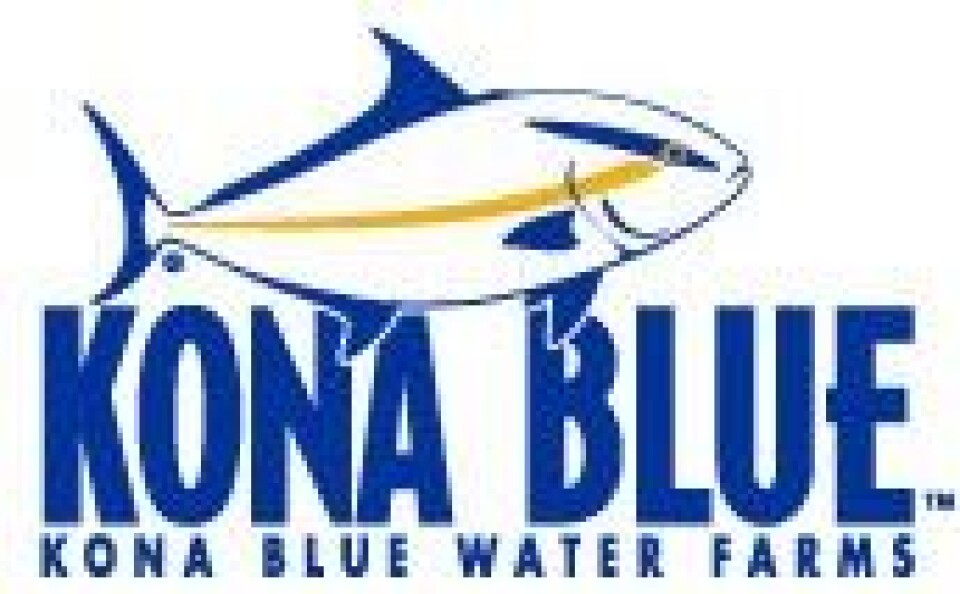
Kona Kampachi facing criticism similar to salmon farms
Kona Blue Water Farms in Hawaii has for some time now enjoyed the cleverly crafted image of its "Kona Kampachi" yellowtail as a sustainably farmed, quality product- well worthy of its "good alternative" on the Monterey Bay Aquarium's Seafood Watch card. While the classification of this excellent product is appropriate, the same card examplifies the ignorance of its creators by listing all farmed Atlantic salmon as a "species to avoid". Anyone vaguely familiar with the technology used and the species involved would conclude that both the Kona yellowtail raised in Hawaii and the Atlantic salmon raised in British Columbia should both be enjoying the same, high recommendation for consumers.
The fact that the salmon farmers in B.C. have not had the same instinct and marketing savvy as Kona Blue is too bad- they really have an equally or better good news story to tell with respect to product quality and environmental performance. And with due respect to the native Hawaiians that raise concern about wasted fish feed ingredients going into the ocean environment, there are probably more pressing issues to spend energy on than this. It is with interest that one notes the increasing support for and interest in aquaculture development among native Canadians that are moving beyond the fear created by fanatic environmentalists.
The following article appeared in a recent version of The Californian;
A fish listed as a "good alternative" by Monterey Bay Aquarium's Seafood Watch card should be removed from that list, native Hawaiian leaders say. U.S. farmed yellowtail is exclusively produced by Kona Blue Water Farms near the Big Island in Hawaii and marketed as “Kona Kampachi”. Native Hawaiians say the farm has caused negative cultural impacts. At 12:30 p.m. Saturday in front of the Aquarium at 800 Cannery Row, Monterey, Kanaka Council Moku O Keawe Leader Kale Gumapac and Food & Water Watch Staff Attorney Zach Corrigan will hold a press conference. They'll deliver a Kanaka Council letter to Monterey Bay Aquarium urging the removal of U.S. farmed yellowtail from the card. Native Hawaiians say the form of aquaculture used by Kona Blue Water Farms – ocean fish farming or open ocean aquaculture – is associated with many problems. It can release large amounts of fish feed, some containing chicken protein and land-based grains such as soy that do not belong in the ocean, into open waters and into the diets of wild fish that gather around the cages and eat the excess food. It's unknown what the long-term implications will be on wild fish populations and other marine life that become accustomed to eating land-based proteins. Kona Blue Water Farms is also located directly off the coast of Kailua-Kona in an area important to native Hawaiians. In addition to disrupting this site, the cages act as fish aggregating devices, altering natural fish behaviors and luring them from fishing areas. In November 2005, the company killed a tiger shark that was attracted to the fish in the cages – this is a sacred animal for many native Hawaiians. These and other issues have created conflict between the farm and locals.























































